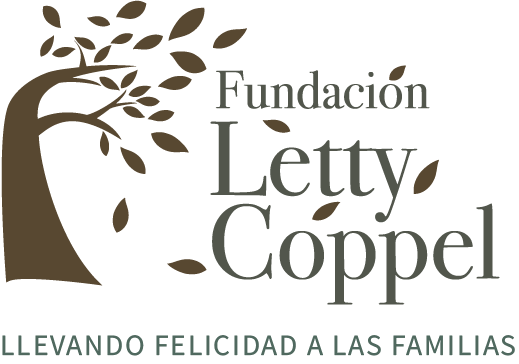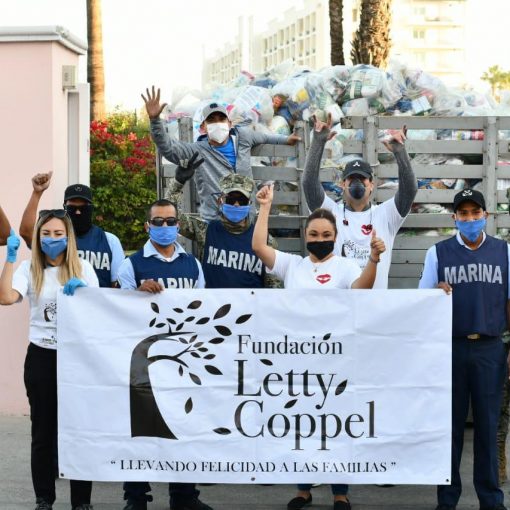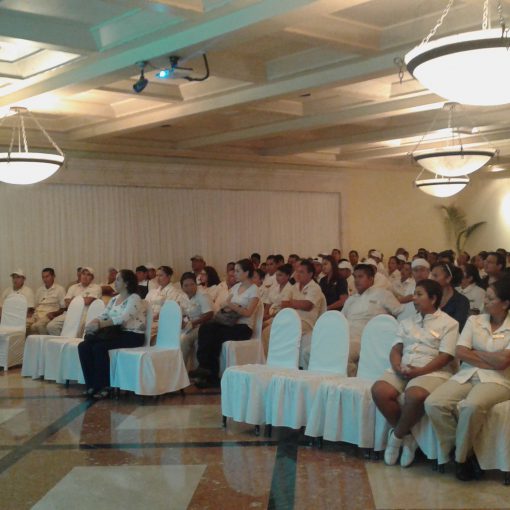World Humanitarian Day gives us the chance to reflect on the transformative power of collaborations and strategic partnerships in humanitarian aid. In Mexico, the Fundación Letty Coppel has united forces with companies and organizations to tackle various social issues such as the lack of access to wheelchairs, adequate orthopedic devices, and the need for scholarships for students.
The Importance of Humanitarian Assistance
Humanitarian assistance is essential for alleviating suffering and preserving the dignity of individuals affected by crises, natural disasters, and conflicts. Providing food, water, shelter, medical care, and psychological support are just some of the critical areas that require a prompt and effective response. For these actions to be truly effective, it is necessary to collaborate with various actors, including governments, businesses, non-governmental organizations, and civil society.
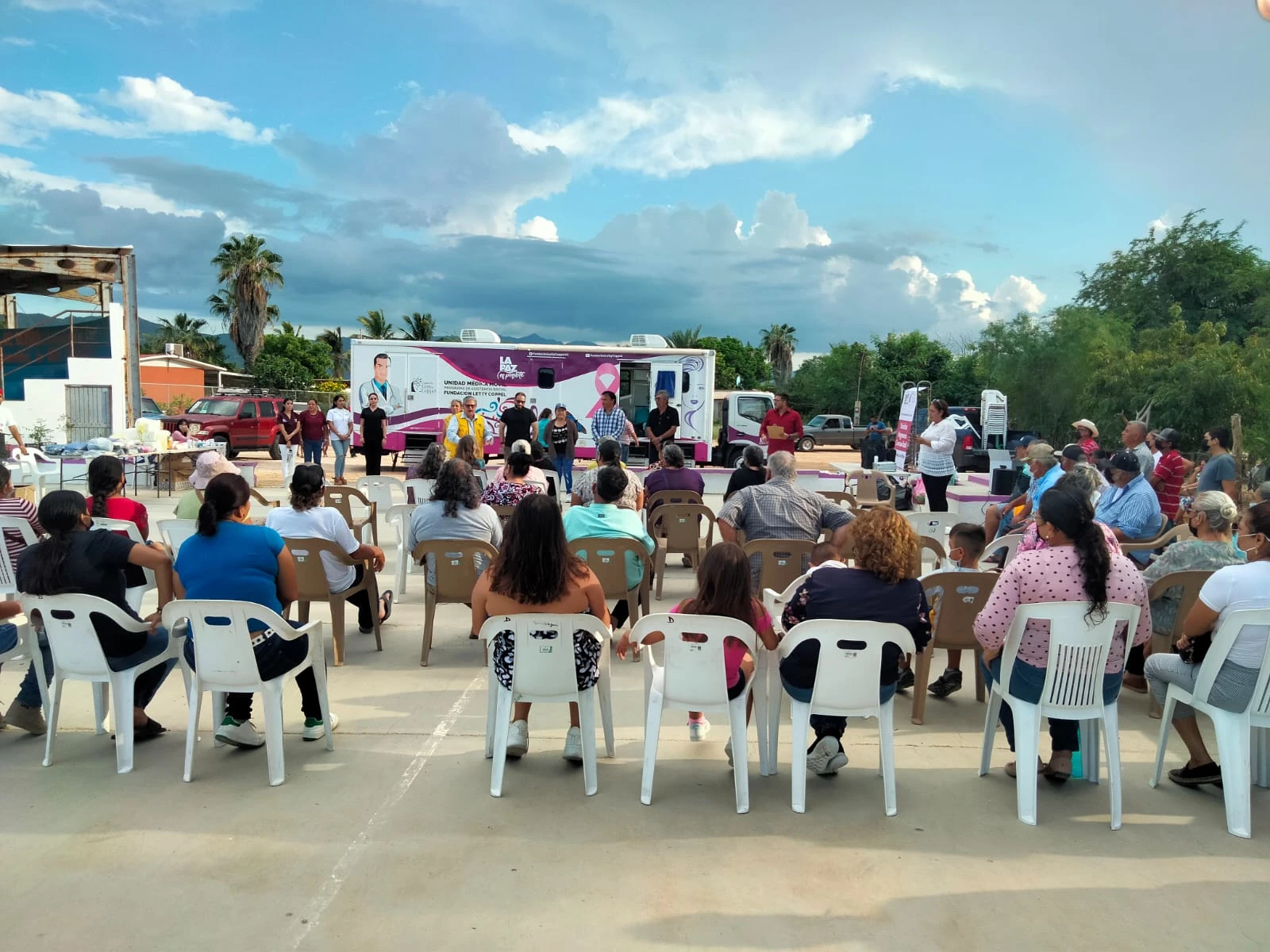
Strategic Collaborations and Partnerships
Strategic collaborations and partnerships allow for the sharing of resources, knowledge, and experiences, thereby amplifying the reach and effectiveness of humanitarian actions. Here are some ways these synergies can enhance the impact of social assistance:
- Partnerships with Private Companies: Through financial donations, provision of goods and services, and mobilization of volunteers.
- Collaborations with Non-Governmental Organizations (NGOs): NGOs are natural allies in social assistance due to their field experience and understanding of local needs.
- Cooperation with Government Institutions: Working closely with local and national governments is vital to ensure that humanitarian actions are sustainable and aligned with public policies.
- Community Involvement: Engaging the community is essential to ensure that humanitarian actions are relevant and effective, leading to a lasting and positive impact.
The Role of the Fundación Letty Coppel
Founded with the vision of providing ongoing comprehensive support programs for societal well-being, the Fundación Letty Coppel has established key collaborations with other foundations in Mexico. These alliances not only amplify their impact but also strengthen their ability to execute social programs effectively.
The social programs cover various areas, from health to community well-being. Thanks to solid collaborations with entities and companies, they have managed to implement innovative projects that benefit thousands of people each year. These strategic partnerships not only optimize available resources but also ensure that initiatives are sustainable and adaptable to the changing needs of the communities they serve.
A clear example is the medical outreach events organized by the foundation in rural areas, where they bring a Mobile Medical Unit to provide free medical services to the population in collaboration with government institutions.
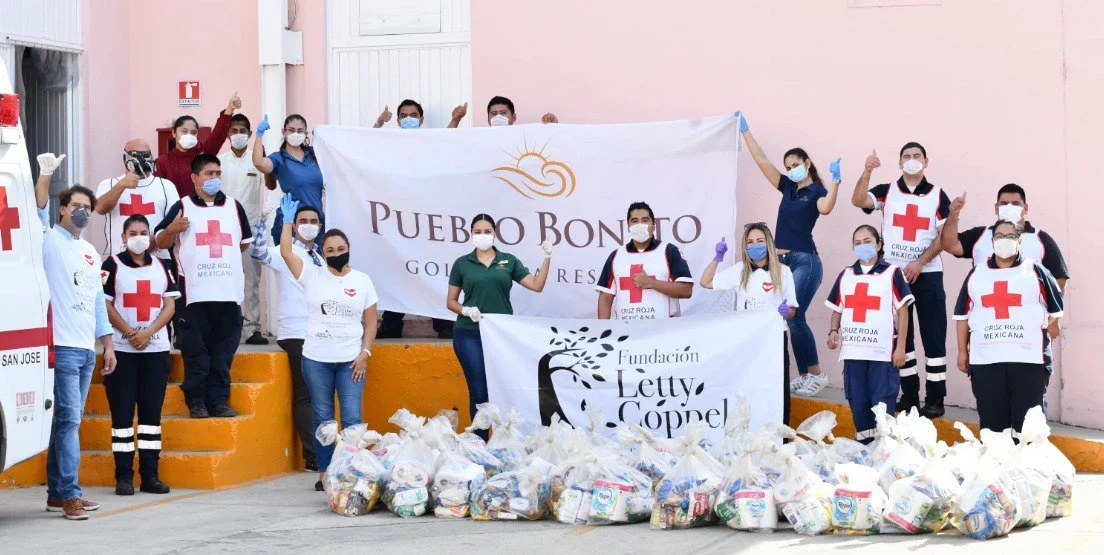
In the area of social assistance in Mexico, the Fundación Letty Coppel stands out as an example of organizations that can create a positive and lasting impact. Their collaborative approach extends beyond the execution of social programs and influences the development of more inclusive public policies focused on the needs of the most vulnerable. Through strategic alliances, the foundation has demonstrated that it is possible to achieve ambitious goals and significantly transform lives.
World Humanitarian Day reminds us of the importance of collaborations and partnerships in maximizing the impact of humanitarian initiatives. The Fundación Letty Coppel is an inspiring example of how foundations in Mexico and businesses can work together to address complex challenges, from providing wheelchairs to granting educational scholarships. Their commitment to social assistance in Mexico serves as a beacon of hope and a model for all organizations dedicated to positive change in their communities.
